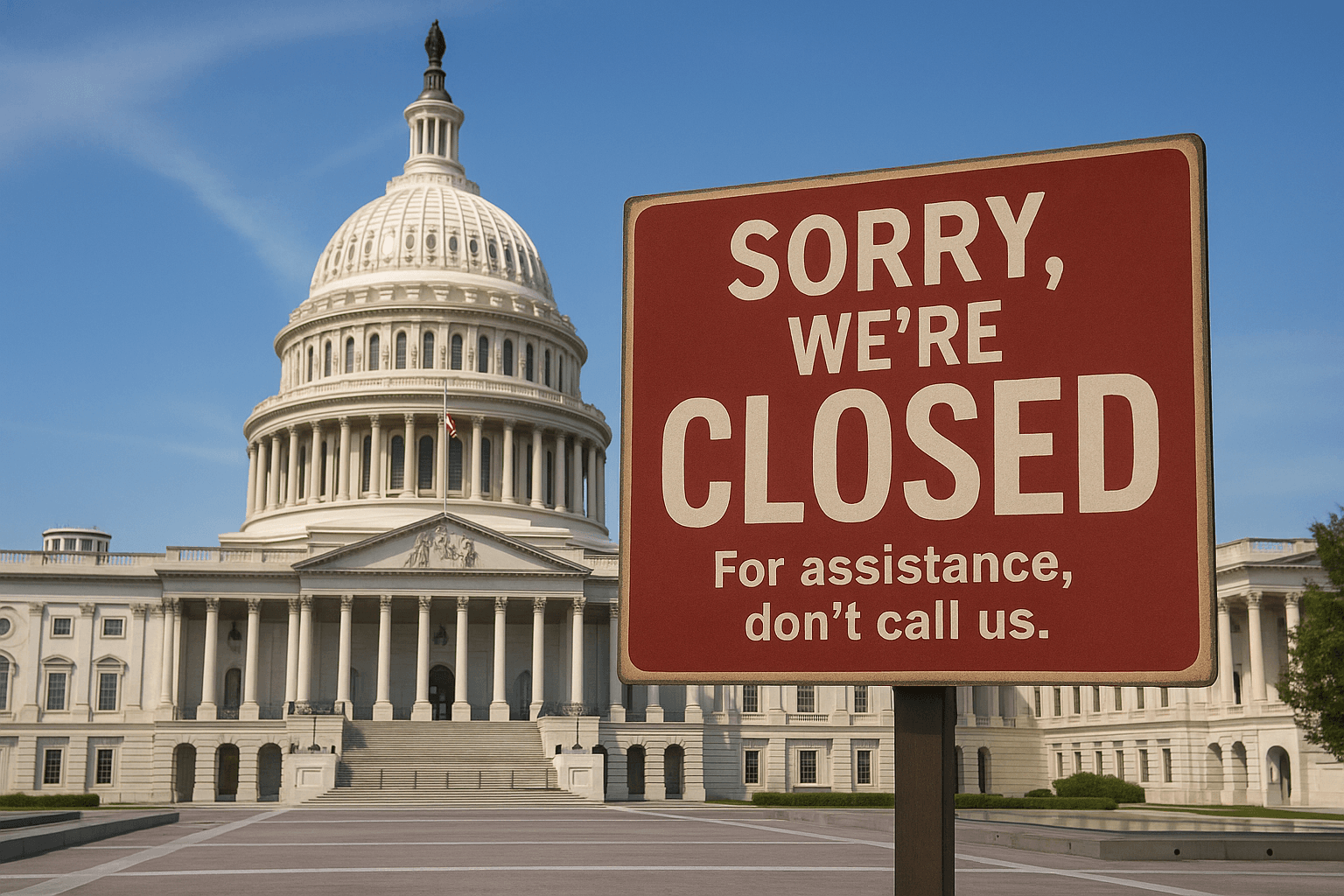To Conserve Energy, Stop Live Horse Racing During San Diego Heatwaves

This is an independent opinion. Want to respond? Write your own commentary! Email hoa@ivn.us.
For a week in August, Californians were exhorted to conserve electricity during the extreme heat wave, and subjected to rolling blackouts for the first time since 2001. While residents conserved, the non-essential business of live horse racing continued with the blessing of the California Horse Racing Board.
Horse racing didn’t just continue — it happened during the peak usage times of 2 p.m. to 9 p.m. Thursdays through Sundays at the Del Mar Racetrack in San Diego County, Golden Gate Fields in Berkeley and Los Alamitos Race Course in Orange County. This week, San Diegans will face another heatwave with the National Weather Service warning of excessive heat.
Why do state regulators allow live horse racing to continue, while residents are forced to cut back on electricity during a searing heatwave?
To top it off, all the additional water and ice that the California Horse Racing Board directs these tracks to use to cool the race horses during the heatwave must be pumped and the ice kept frozen, which uses additional electricity. In the case of night racing at Los Alamitos, the lights are definitely an issue.
Why must California residents and other businesses conserve electricity while the state-regulated, non-essential live horse races continued to consume watts during the peak period?
We asked this of the California Horse Racing Board at its regular monthly meeting on Aug. 20. None of the five members present nor the executive director responded to the question.
We suggested that the board use their emergency power to suspend racing licenses granted to it last summer by a unanimous vote of the Legislature, signed by the Gov. Gavin Newsom. This rule empowers the executive director to call a special board meeting on 24-hours notice and suspend any racing license as deemed necessary for the health and safety of people and horses. Live horse racing could have been suspended for the forecasted duration of the extreme heatwave.
Given the extreme fire danger also posed by this heatwave — three huge clusters of fires ignited Aug. 15, which killed at least seven people, burned 1,200 structures, and prompted evacuation orders affecting an estimated 200,000 people. These statistics show suspending live horse races would also be a prudent action to ready these racetracks, where thousands of horses are stabled and thousands of people who care for them often live, for evacuation.
Rather than act on the behalf of California people and the animals, the board granted exemptions from its own Fire Safety Rule for the Los Alamitos Racetrack in Orange County and the San Luis Rey Training Center in Bonsall. The Center is the same place where the Lilac Fire erupted in 2017 and killed 46 horses.
This is a truly shocking failure on the part of the California state agency chartered to ensure and protect the safety of humans and horses in the live horse racing industry it regulates. The board should be requiring that all stables for racehorses and housing for backstretch workers have fire sprinklers, as we face longer and worsening fire seasons in California.



